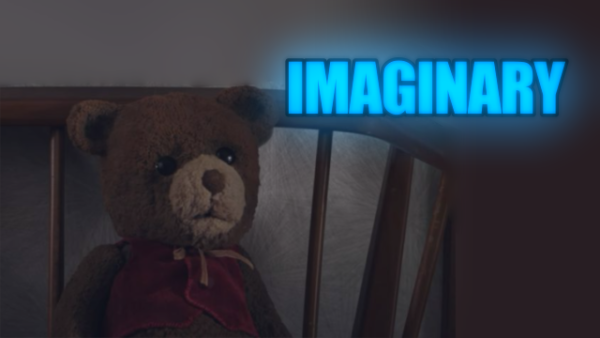Facial hair promotes self-confidence, should not be necessary for masculinity

As I flipped through old editions of the Lantern during my senior pictures, a select list of previous and current staff members formed in my head: Sam Sustersic, Aaron Kelley, Bharat Kumar, Nicholas Kelly, AJ Hughes, Jason Graber, Cole McKee and myself. What do we all have in common? Stylish facial hair.
I first grew facial hair the summer before my junior year. Certainly my fellow classmates had not expected 5’6”, scrawny little Jacob to possess such groomed, well-grown facial hair (well, at least I thought it looked good). Since my junior year I have worn a chin-strap-style beard paired with a mustache, and have only shaved it twice: the first time I was required to shave it for my performance in “Alice in Wonderland,” and the second time I was required to shave it for my performance in “Our Town.” I feel very self-conscious without facial hair, even though I went sixteen years of my life without it. I can thus imagine the self-consciousness of my male peers who do not possess the ability to grow facial hair at all.
My entire sophomore year I was too scared to try growing facial hair; I was afraid it would look oily and patchy. It took an epiphany during the summer of 2015 to realize that if I really wanted to grow facial hair, it should really just be a fun experiment; I should not use facial hair growth as a method of improving self-confidence. There are plenty of clean-shaven men who possess just as much confidence as men who sport beards.
Yes, I will admit that growing facial hair is a MASSIVE self-esteem boost. The Alpha Male Nation website lists that facial hair can do the following for you: attract suitors, improve aesthetic appeal and get rid of the dreaded “baby face.” I do feel more confident walking through the halls with facial hair, but I do not attribute my sizeable confidence boost of my junior year to the chin strap and mustache.
Some men dislike shaving because of the “baby face” jokes rampant on the Internet. Men who possess a beard and then shave it feel as though they look young and particularly prepubescent. I feel that most men grow facial hair to look older; shaving and looking “baby-faced” is counterintuitive to this. I look exactly like my fourteen-year-old brother when I shave, and I joke that he looks like the older sibling in the absence of my facial hair. Younger men who wish to look older may like facial hair; I assume that this works in reverse for older men, who wish to look youthful and thus choose a clean-shaven look.
The Alpha Male Nation website also cites the benefit of facial hair as a “display of manliness.” It explains that the stereotypical depiction of a “manly man” is a heavily muscled, imposing, bearded piece of work. I personally do not think that this is a benefit. This stereotype is idolized in pop culture (some examples are Zac Efron and Liam Hemsworth), yet they put males in quite an uncomfortable spot. All “men” are expected to have the ability to grow beards; those who cannot face judgment. Those with facial hair are expected to “be a man” since facial hair growth depends on bodily production rates of testosterone, according to the WebMD website. One also does not need facial hair to be misogynistic, arrogant, rude or simply unbearable. Ever heard of Gaston? Please, do not accept others’ perception of yourself based on the amount of hair growing out of your face.
I often parallel the expectation of men to possess the ability to grow facial hair with the expectation of women to wear makeup. Without the ability to grow facial hair, society deems a man less masculine. Without the use of makeup, society deems a woman as less feminine. While niches of makeup companies have begun advertising to women to use makeup as an artistic forum rather than a societal obligation, the pressure of the vast array of products can be daunting. I walk through department stores and see makeup product advertisements everywhere; women cannot escape it. Men are in a similar situation, only the pressure comes more from the stereotype of the “typical man” coupled with the perceived masculinity of countless attractive male celebrities. We must realize that makeup and facial hair are optional accessories; you lose no fundamental worth if you lack them.


